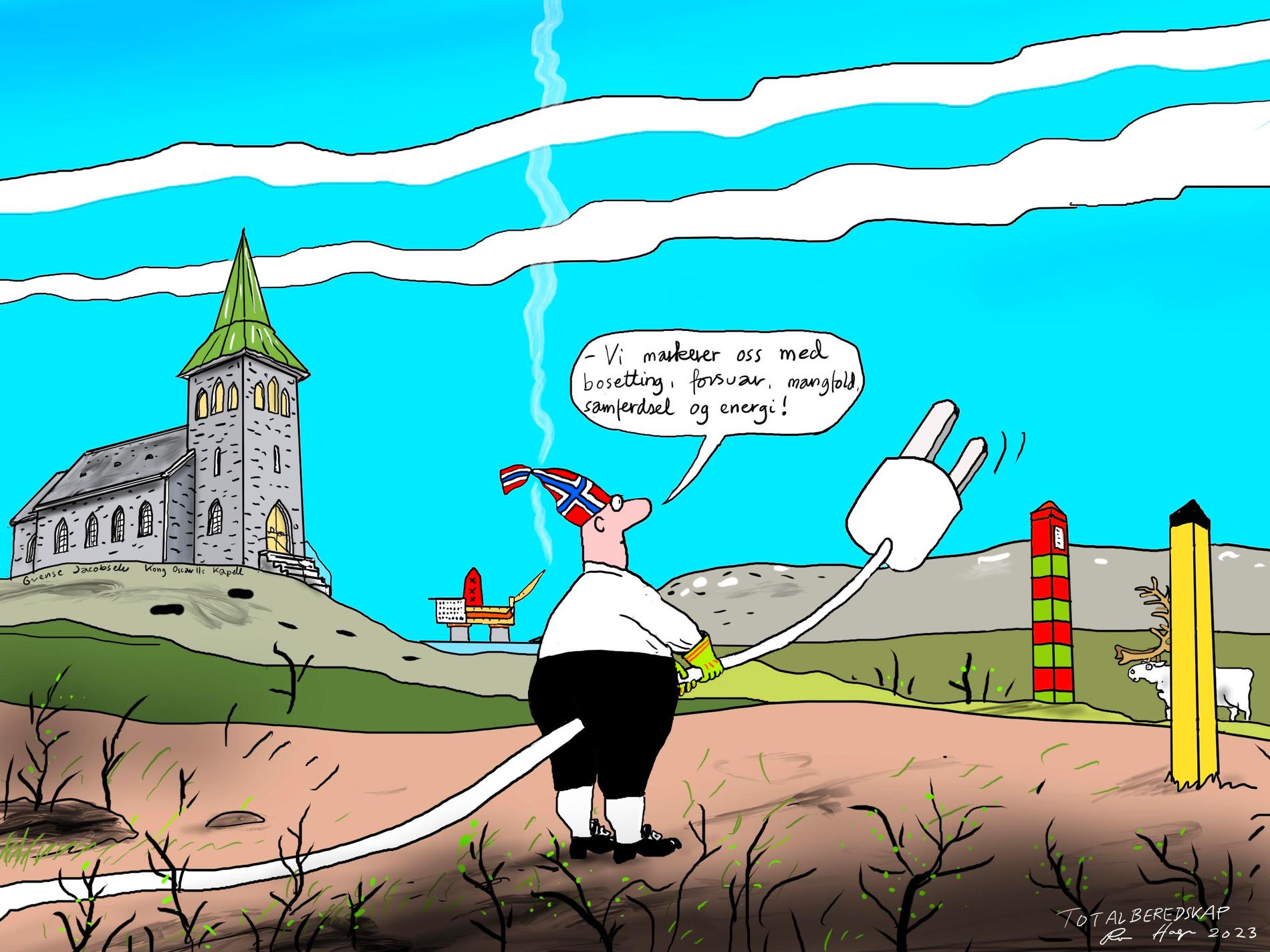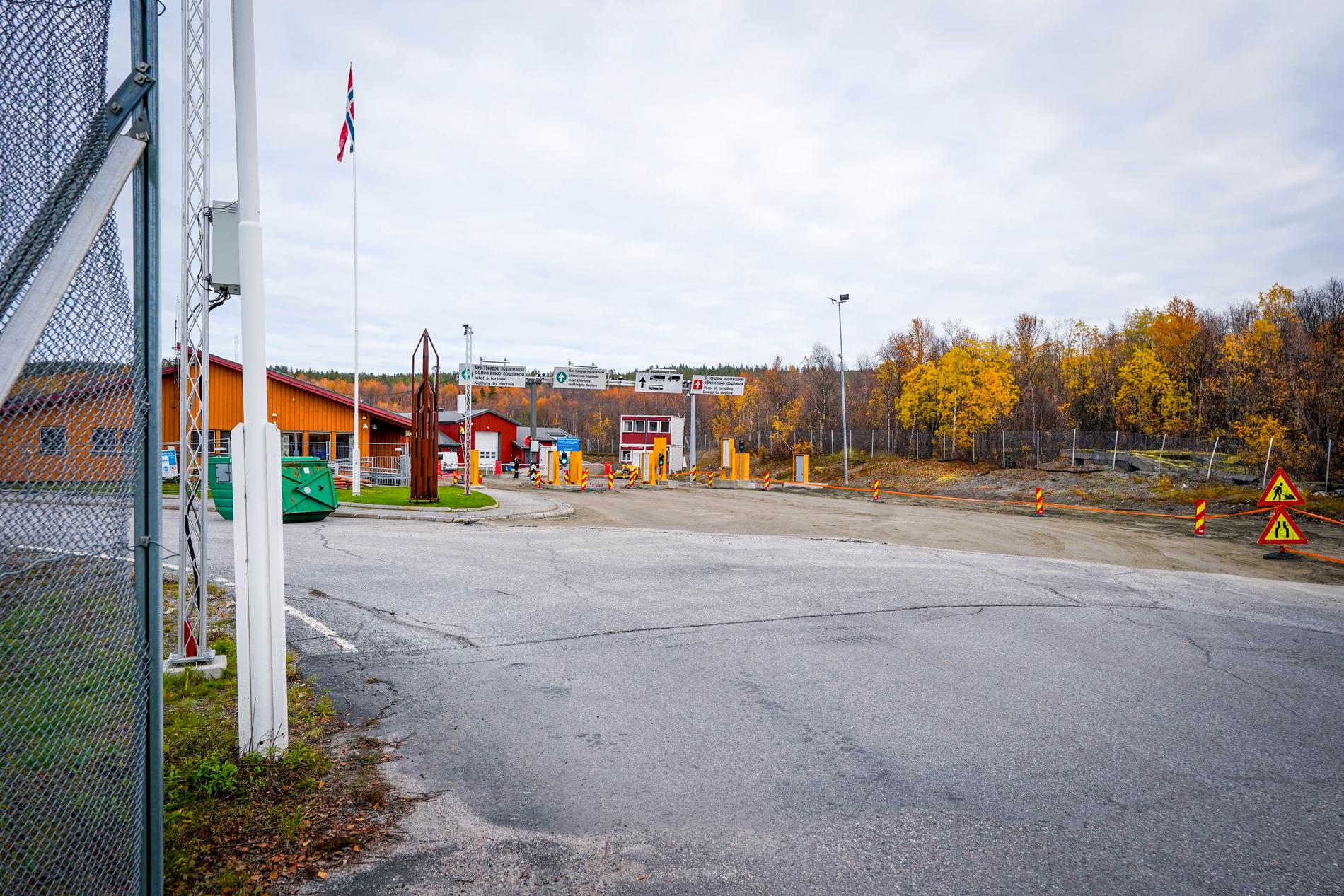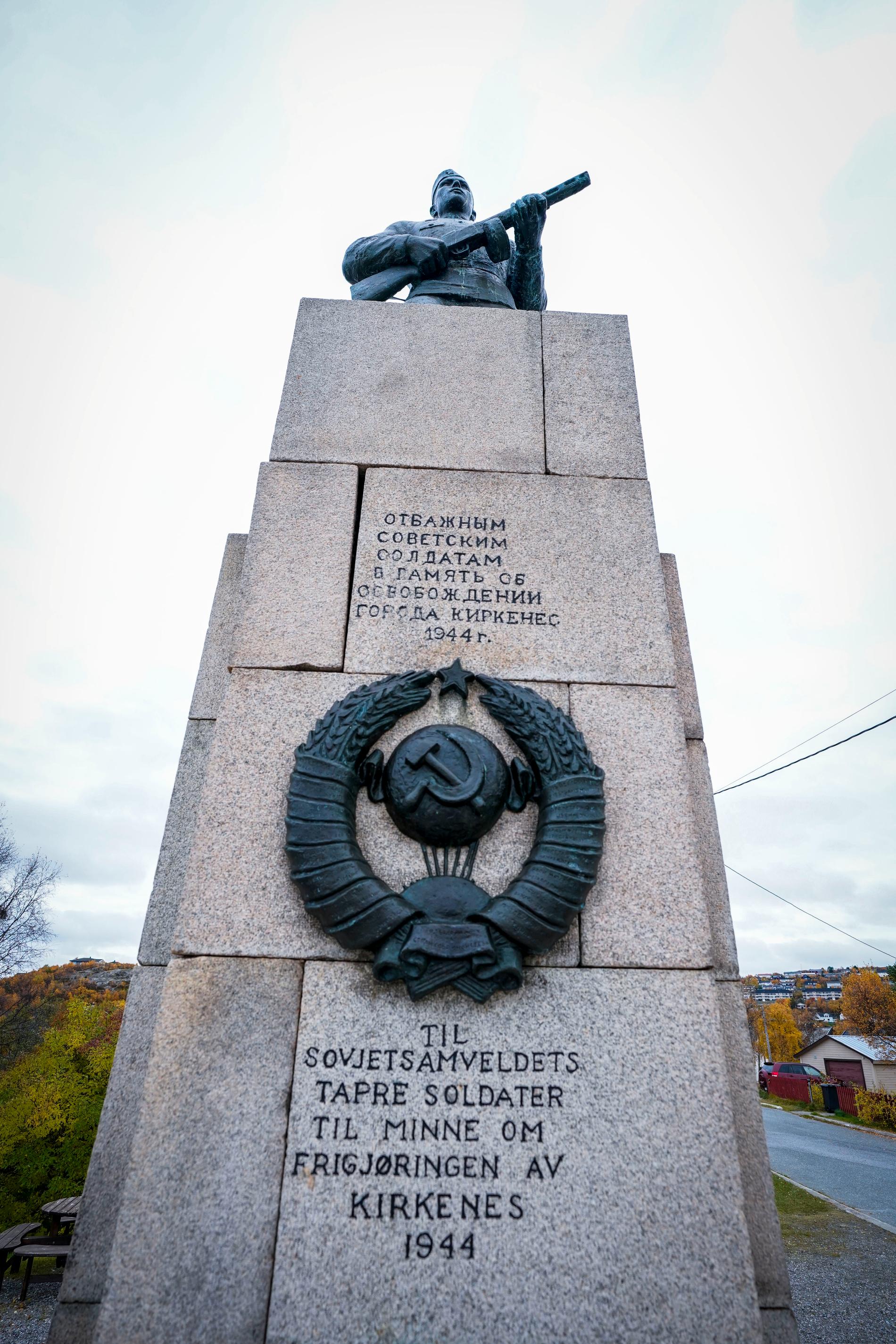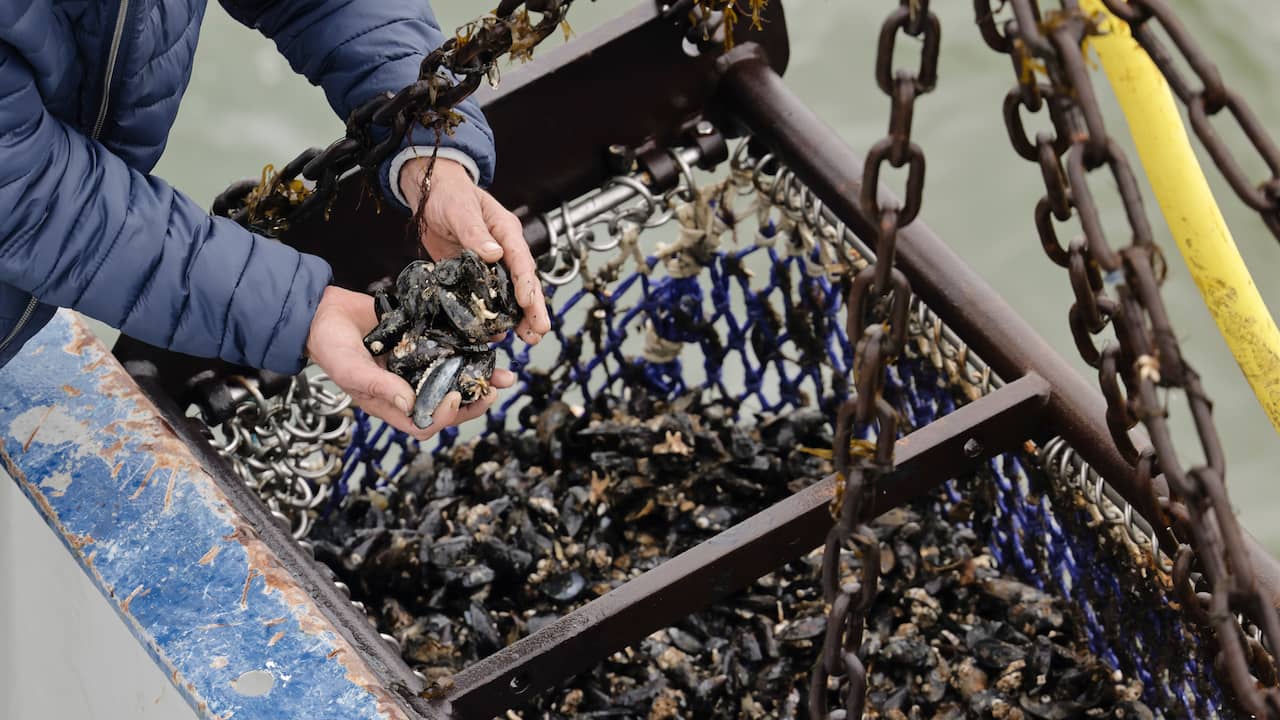-
Hanne Skartveit
Political editor. You can find the podcast “Skartveit” on PodMe and VG+

KIRKENES (VG): People must live in Kirkenes. Here, everything from hospitals and power lines to cinemas and harbors is really about the defense of Norway.
In earlier times, Kirkenes consisted of defense and mining, not much else. A male-dominated society, quite one-sided. Then came the thaw in the late 1980s. With glasnost and perestroika. The Communist Eastern Bloc collapsed. Everything opened up. With cross-border trade. Russians came to Kirkenes, there were intermarriage. Families and children.
Many people here in the city have spent decades of their lives building ties to the new Russia, creating trust and exchanging experiences. Cultivate friendships and connections. But then – last year – with Russia’s attack on Ukraine, everything changed. Over the night.
Still open border
There is despair among people here over the war and the suffering it brings. And there is grief over everything that has been lost in the Kirkenes community as a result of the war. At the same time, many of the city’s residents are concerned that they naturally condemn Putin. But that it is the system and the regime, not the people, that are the problem. Which is the threat.
In Kirkenes, they are keen to keep the tension down. Many emphasize that Russia is a neighbor and always will be, and that Norway must deal with it. Kirkenes has preserved its agreement with a twinning city in Russia, despite protests.
Norway is also the only country that still has an open Schengen border with Russia. Russians with the correct visa pass over the border station at Storskog, on their way to a holiday in France or Spain or other European countries.

Finland quickly closed its border with Russia after the invasion. The Baltic countries would never dream of maintaining friendly relations after what has happened. Many of Russia’s neighbors have experiences that we in Norway should learn from.
Russia is testing us
We must not be naive in our dealings with Russia. Especially not now. We must defend ourselves against what may come. What we long saw as unthinkable is suddenly no longer an impossibility.
Russia tests Norway all the time. Here in the north, they often carry out so-called “jamming”, they disrupt, among other things, the aircraft’s navigation systems, GPS signals, security alarms and violence alarms. Often, at irregular intervals and of varying duration.
What some refer to as “memorial diplomacy” means that Russia has erected memorials in many strategic locations in Norway after the Second World War. The aim is presumably to highlight Russian belonging, while also giving Russian actors an excuse to travel around, observe and take pictures under the guise of being something other than what they really are.
The total defense
When thousands of refugees came cycling from Russia across the border at Storskog in autumn 2015, it was obviously approved and arranged by the Russian authorities. The aim was undoubtedly to create tension and unrest in Norwegian society. The Russians benefit from it.
That is why we must stand together. Total defense is about society’s overall ability to defend itself. It is about food production and health care, about access to transport in a crisis – and about the ability each one of us has to take care of ourselves when needed. And much more. As if people live in Kirkenes.

Kirkenes is a diverse society, where division can easily be cultivated. Norwegians, Ukrainians, Russians and many more live here, side by side. Some Russians openly criticize Russia’s president, Vladimir Putin. Others are silent. This causes others in the town to wonder what they really mean. Are they silent because they support Putin? Or because they have family in Russia, and are afraid of the consequences for them if they themselves speak critically of the Russian regime?
Must find himself
Many demonstrate against the war outside the Russian consulate. Others, with the opposite view, tear down posters protesting the war – before the war opponents put up new ones again.
Kirkenes must find out what the city should now be, at the very edge of Norway, as the closest city to a brutal and aggressive neighboring state.
Kirkenes society is in crisis. Again. The proportion of the elderly is increasing, while the proportion of young people and adults of working age is decreasing. People are moving from here. Jobs are disappearing. At the same time, the city lacks people to fill some of the jobs that are here. People ask what they are going to do with free daycare when there is no one to work in the daycare.
There are many examples of local communities in Norway that are struggling. But Kirkenes is in a very special situation. Because the crisis here concerns us all. We depend on people living so close to Russia. To show the Russians that we are using the country. That we see it as ours. And to keep up, report and be alert.
Must have with the family
Perhaps part of the answer lies in seeing the entire Kirkenes community as part of Norwegian defense policy. Perhaps the Minister of Defense and the Minister of Foreign Affairs should also go into questions about hospitals and energy supply for Kirkenes, not just the Minister of Health and the Minister of Energy.

Because getting people to live here is about security policy, not about district politics. This means that Kirkenes must be a city that people want to live in. A city with a vibrant centre, good health facilities, a vibrant harbor and good educational facilities for both children and young adults.
A city where employees of the armed forces, the police and the hospital want to live there with their families. Today, many people commute and have family elsewhere in the country. If they are to move here for good, it must be possible for spouses to get a job, and for the children to have fun in their spare time.
The signs have been clear
It also requires a strong and vibrant business community. It is not easy. Many people talk about aquaculture and tourism. But it is not enough. Everyone we talk to says it is hardly possible to start something new, because there is not enough power available. It has been clear for several decades that Finnmark is heading towards a power deficit. But little has happened.
It shows little ability on the part of our politicians to look far into the future. The signs have been clear, for a long time, that Russia was not becoming what we had all hoped for throughout the 1990s, after the fall of the Berlin Wall and the collapse of the Soviet Union. We should have woken up after Russia’s attack on Georgia in 2008. At least the alarm should have gone off after Russia took over Crimea in 2014.
Now is the time. To support those who live on the front line, in the defense of Norway.
2023-06-03 10:21:20
#Comment #Ordinary #people #defend #Norway


